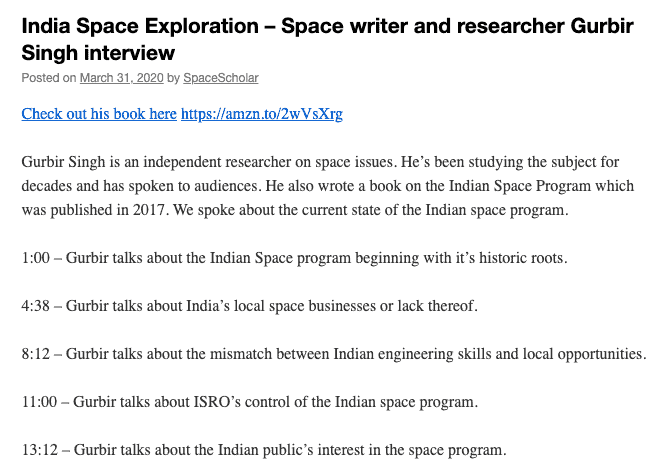Starting on Monday 18th May 2020, I will be running three live sessions using Zoom for the Workers’ Educational Association. They are all free, introductory and have no prerequisites. They are organised by the WEA so applicants have to be based in the UK and at least 19 years old. To join/enrol see links and a brief description below.
11:15 -13:15 Monday 18th May 2020. Basic cybersecurity. C3844330 Staying Safe Online

- Understand basic concepts of being secure online including Social Engineering, Phishing and multi-factor authentication.
- Recognise the importance of basic security controls including automatic software updates, antivirus solution and good password management.
- Become familiar with and make use of authoritative online sources for cybersecurity information and tools
11:15 -13:15 Wednesday 20th May. The story of Britain’s space programme. C3844331 Britain in Space

- Early rocketry Societies in England
- Development of British Ballistic Missile & Nuclear Tests in Australia
- Launch Satellite of Black Arrow & satellite Prospero from Woomera
- British Astronauts Helen Sharman & Tim Peake
- UK Spaceports
- Virgin Galactic & Orbit
- SSTL and Skylon
11:15 -13:15 Friday 22nd May 2020. Yuri Gagarin in London and Manchester. C3844333 The Day the cosmonaut came to Manchester
This presentation is based on my 2011 book – Yuri Gagarin in London and Manchester. It will cover

- Gagarin’s achievement?
- What was he like as an individual?
- Why he came to Britain?
- Where in London and Manchester he went and who he met?
- Legacy of his visit?



